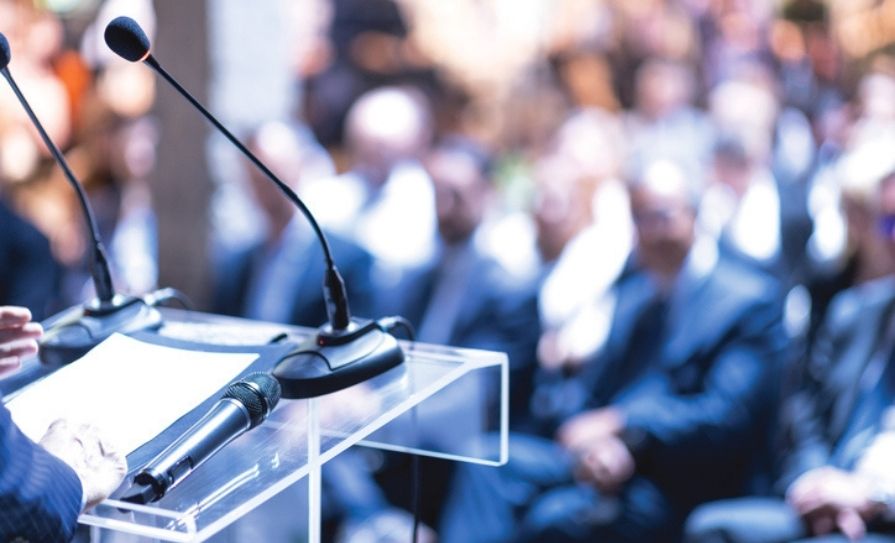
The final session of the Neurology Update Meeting 2024 began with a talk on microvascular decompression (MVD). The talk was given by Mr Jonathan Poots, Consultant Neurological Surgeon, the Royal Victoria Hospital, Belfast.
MVD is a surgical procedure aimed at relieving abnormal pressure on a cranial nerve, which can cause conditions like trigeminal neuralgia, glossopharyngeal neuralgia, or hemifacial spasm. Mr Poots pointed out that multiple specialties, not only surgeons, are involved in the management of these conditions.
In relation to trigeminal neuralgia, which is the most common indication for the procedure, he said that a standard neurological examination might find “very mild” sensory loss. The condition usually responds, at least initially, to carbamazepine.
“The character of the pain may change with the use of neuropathic pain medications and have more of a constant character,” Mr Poots said.
He explained that patients with predominantly constant or burning pain or facial numbness are not good candidates for MVD.
It is also important that patients are “physiologically young” and can tolerate the procedure. As a general rule, patients should be under 70 years of age. The precise location of the pain is another consideration.
Mr Poots described MVD as a “satisfying operation”, with a number of positive aspects. He highlighted how it is predictable and a relatively short procedure (three hours). The development of microsurgical techniques has also improved its efficacy.
Side-effects are rare, but can be severe. They include: Bleeding/haematoma, cerebrospinal fluid leak, and ipsilateral hearing loss, among others.
Generally, patients can return home days after the surgery and are able to go back to work within three to four weeks.
The duration of benefit from the procedure is around 10 years, with approximately 70 per cent of patients having “an excellent outcome”.
“MVD offers the only chance for a non-destructive procedure and a more durable result,” according to Mr Poots.
So-called ‘destructive’ surgical options are: Stereotactic radiosurgery; percutaneous radio frequency ablation; glycerol injection; and balloon compression.
The next lecture was given by Dr John Craig, Consultant Neurologist, the Royal Victoria Hospital, Belfast, and was titled ‘Managing uncertainty in seizure disorders’.
The final talk of the Neurology Update Meeting 2024 was on the subject of paraproteinaemic neuropathies and was delivered by Dr Aisling Carr, Consultant Neurologist, University College London Hospitals, UK.
Each lecture on the day generated much discussion, showcased the notable progress of this sub-specialty, and underscored the important role of a multidisciplinary approach in optimising outcomes.
Feedback from evaluation forms was also positive, according to the Irish Institute of Clinical Neuroscience (IICN).
Meanwhile, the 2024 IICN Registrar’s Prize in Clinical Neuroscience meeting, directed by Prof Simon Cronin, Consultant Neurologist, Cork University Hospital, will take place on Friday 22 November in the Talbot Hotel, Stillorgan, Dublin.
This is an opportunity for registrars to present original research and interesting case reports to colleagues and to benefit from the collective experience of consultant neuroscientists. It is a celebration of the noteworthy and often unseen work conducted within Irish hospital departments each day.
“The IICN Registrars Prize Meeting is always one of the most enjoyable and educational days of the year and once again we are delighted to showcase clinical and academic neuroscience,” according to Prof Cronin.
“It’s a great privilege to be asked to direct the meeting.”





Leave a Reply
You must be logged in to post a comment.